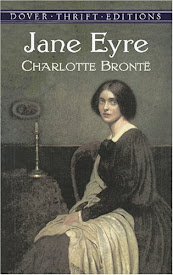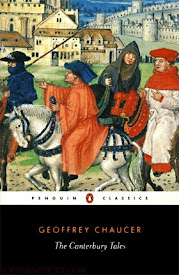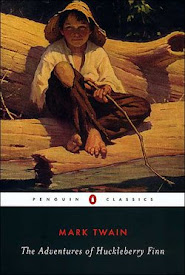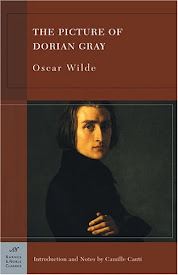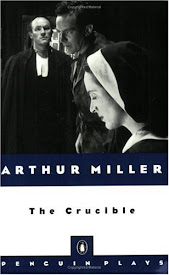- Robert Walton, though started as the narrator of the book, is actually the mirror, as well as a foil character, of Victor Frankenstein.
- First of all, both men are lonely and friendless. For Frankenstein, it was his "temper to avoid a crowd, and to attach myself fervently to a few" (19), which shows that he is somewhat antisocial. Walton, similarly, was so lonely that he "bitterly feel[s] the want of a friend" (4). Although they might be giants of intellect and endeavor, when it comes to interpersonal issues, they were as fragile and isolated as a falling feather which was left in desolation.
- They are also both extremely restless in discovering nature and unveiling the secret of life, though in different ways. Walton captains an exploring ship heading to the North Pole, a place where he refers as "a country of eternal light" (1), which symbolizes the human desire to overcome mortality and to follow the guidance of the eternal light beaconing from the tower of human power. When Walton was trying to conquer the extremity of nature, Frankenstein focused himself on mastering the philosophy of nature: "It was the secret of heaven and earth that I desired to learn; and whether it was the outward substance of things, or the inner spirit of nature and the mysterious soul of man that occupied me, still my enquirers were directed to the metaphysical, or in its highest sense, the physical secrets of the world" (19). Nevertheless, although focuses of Walton and Frankenstein may appear to be different, since one is exploration and the other is science, the desire of them both are essentially the same - to override nature with determination and knowledge. Their ruins in the end thus convey the author's warning to the world that excessive pursuit of knowledge and rebellion against nature will be disastrous or even fatal.
Monday, February 22, 2010
Frankenstein - Essential #9
1. How do Robert Walton and Victor Frankenstein compare and contrast as men, scholars, and scientists?
Saturday, February 6, 2010
Taming of the Shrew - Essential #8
1. Are Katherine and Petruchio in love?
- Love is an invisible string that ties a man and a woman together spiritually for eternity. This bond would stay strong and not break only if the man and the woman are on the same level [equality] pulling the string toward the same direction [common interests] as they journey through their lives together. Therefore, according to this definition of love, Katherine and Petruchio are not in the mist of love whatsoever.
- Petruchio, with the belief of totalitarian husbandhood, thinks that he has the right and duty to tame the shrew with "an awful rule, and right supremacy" (V. ii. 122). In order to make Katherine his ideal wife, Petruchio, ignoring his wife's dignity as a person, tormented her physically and emotionally "under name of perfect love" (IV. iii. 12).
- Katherine, after going through all those torments, finally surrendered herself to male chauvinism:"thy husband is thy lord, thy life, thy keeper, they head, thy sovereign" (V. ii. 163-164). When a person gave up his/her dignity to the other half in a marriage, there would be no dignity left in this relationship at all. Katherine was thrown into passivity when she entered the marriage. At first, she was forced to agree on "what you [Protruchio] will have it named, even that it is, and so it shall be still for Katherine" (IV. v. 24–25); however, by the end of the play, she obeys to her husband in a mindless and robotic manner. Therefore, behind the hypocritical facade of marriage, a master-servant relationship is what holding the couple together, not love.
Subscribe to:
Posts (Atom)



